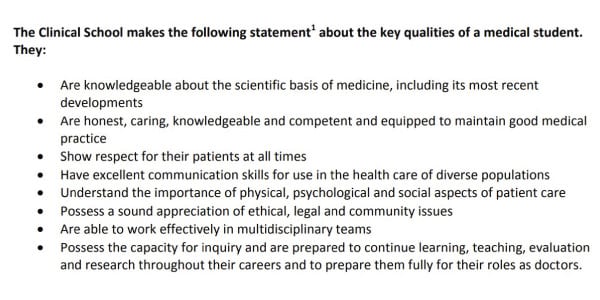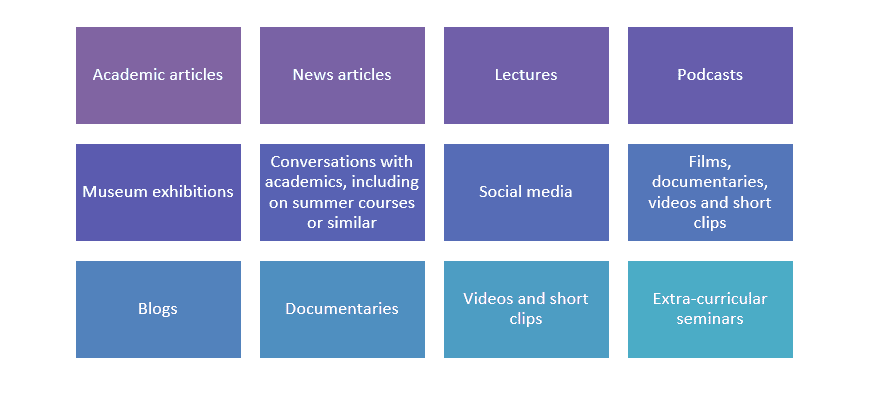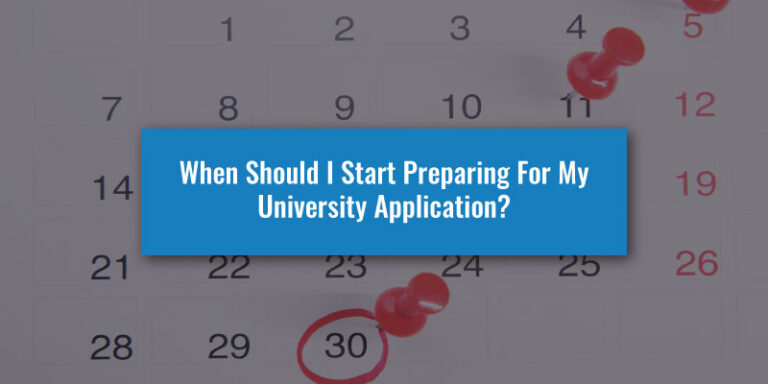Oxford and Cambridge see hundreds of Personal Statements each year, so how do you make your Oxbridge Personal Statement count?
The majority of applicants are applying with grades, experiences and scores of the highest calibre. However, even the most talented individuals can miss out on a place because of the Oxbridge Personal Statement. After all, less than 20% of applicants actually get their offers at both Oxford and Cambridge.
This is because it is not only your academic achievements that make up your identity. Never underestimate the power of being passionate about your chosen degree, it is a big factor that admissions tutors look for. It’s not all about your academic prowess.
This article is all about how to write an Oxbridge Personal Statement. We go through important considerations including how to genuinely demonstrate passion without saying “I am passionate”, how to write about reading and what admissions tutors are looking for. Let’s get started.
Writing About Your Subject In Your Personal Statement
Why exactly are you so passionate about studying this degree? Universities often hear phrases like, “I am passionate about the law and aim to one day work at a law firm”, however, this does not demonstrate what it is about law that makes you intent on studying it.
When answering the first question of the Personal Statement (Why do you want to study this course or subject?), if there have been instances in your life that have helped you discover your passion for this subject, mention them. Discuss the qualities and skills that equip you for the subject; if you are analytical and adept at problem-solving, how would this assist you in exploring History or Law? Perhaps you have a systematic and organised brain, skilled at working through issues of Physics.
You might be completely passionate about a subject, but unless you demonstrate genuine reasons for applying, how are admissions tutors supposed to know you are truly passionate? Keep reminding yourself that the only things the tutors know about you are through your Personal Statement until you get to the Interviews. Use this opportunity to showcase why you are dedicated to the subject.
Enrolling on our Oxbridge Full-Blue Programmes will give you access to Personal Statement redrafts.
Your tutor will give you actionable feedback with insider tips on how to improve and make your Personal Statement Oxbridge quality for the best chances of success.
What do Oxbridge Admissions Tutors Look For?
Universities are there to teach you, and what is most important to them is not that you have a thorough knowledge of your subject, but rather that you have the skills to allow you to grow and expand your mind in your chosen field.
Beyond the standard questions of the Personal Statement, admissions tutors at Oxford and Cambridge are looking to answer some questions about you, as they will be the ones who you meet each week and will play a huge part in your Oxbridge experience:
- Will you be open to learning new things?
- Can you cope with a challenging workload?
- Are you a person that the professors will enjoy teaching?
Make this clear to the admissions tutors!
Let’s look at an example for Cambridge Medicine:
Your Oxbridge Personal Statement is your chance to not only demonstrate your intelligence (your school scores will prove that for you), but to show the kind of person that you are, and why you would be a valuable addition to their college community. Oxford and Cambridge particularly revel in the exploration of knowledge and are far more concerned with seeing how far you will push the boundaries of your subject.
But above all, be honest and ensure the qualities you discuss really do match up with what the admissions tutors are looking for.
For more inspiration, take a look through our other successful Personal Statement analysis articles:
Oxbridge Personal Statement Wider Reading
With an Oxbridge Personal Statement, students will be aiming to display their knowledge and ability to study their subject at a top university. Therefore, it is essential to include evidence of reading material that might demonstrate initiative and your academic interest.
How Much Reading Is The Right Amount For A Personal Statement?
There is no specific number of books that you should read to develop and enhance your interest and knowledge of your subject. You may notice that we did not say ‘the number of books you should read to add to your Personal Statement’. There is a huge difference; reading is not a tick-box exercise.
As an Oxbridge applicant, you will be applying because you’re passionate about your subject and see yourself immersed in a career related to the subject. If not, then it will be a huge task to genuinely convince admissions tutors that you are driven and dedicated to studying the subject. It will also be incredibly difficult to keep yourself motivated with the demanding workload of Oxbridge if the course doesn’t interest you.
Going back to the question above, the better way of phrasing it is ‘how do I include wider reading in my Personal Statement?’. We will go through this in more detail below, but something we regularly stress with Personal Statements is when writing about reading, achievements, work experience etc. you must never list. To ensure you make an impact on the admissions tutors, you have to select relevant points and explain them, how they made an impact on your decision to study the course and anything you feel you gained from these opportunities.
If you are really stuck with wider reading, we have an article that provides reading lists for each Oxbridge subject.
The Different Types Of Reading
“Wider Reading” is a very loose term, and you can demonstrate your interest and initiative with different types of material and sources, especially if, as mentioned above, you can show that you have done something with it afterwards.
Here are some other kinds of sources you could try and find:
Don’t forget that you may rely on these sorts of materials in your Oxbridge studies so you should show that you can use and understand them in the same way as you would any other academic source.
How To Include Wider Reading
The difference between a good candidate and a great candidate can be demonstrated by actually doing something with the reading and research you do. That is, you can browse as many sources as you like, but in your Oxbridge Personal Statement, you should be able to demonstrate that you have opinions and can evaluate arguments. Therefore, you should leave space in your Personal Statement to write about how your reading affected you, typically in Questions 1 and 3.
Here are some questions to ask yourself to help with adding your reading to your Personal Statement:
- Did you agree with the reading?
- Does this exercise show that you can take the initiative and read around your subject?
- Did this reading inspire you to look up something further, or perhaps carry out a project?
- Why did you read this in the first place? Was it upon recommendation? Was it part of work?
- Did you think of any challenges to the point of view put forward?
- Did you go on to read something else as a result? What and why?
- What have you done with your reading?
UniAdmissions Tip
We suggest reading outside of your subject as well to avoid running out of steam or getting too narrow. This includes personal development books to improve your organisation and time management skills. At Oxbridge, you will need good organisation skills to plan your time effectively around lectures, labs and leisure.
This is important, so make sure you are not just name-dropping but giving a real review of what you think. An Oxbridge Personal Statement will be put to the test at an Interview. It is very likely that admissions tutors will want to explore some of your ideas there so you need to be ready.
Final Words
You should now have a clearer idea of how to improve and strengthen your Oxbridge Personal Statement to ensure it makes more of an impact on the admissions tutors and demonstrates that you are Oxbridge material.
The content we have gone through can be used for other universities you are applying to and if you would like more general information on how to structure your Personal Statement, or how to make your Personal Statement Stand out, we have plenty of insightful guides for you to work through to help you write the perfect Personal Statement.
Looking for Personal Statement support to strengthen your application?
Students enrolled on our comprehensive application support Programmes will get access to Personal Statement redrafts.
Your tutor will give you actionable feedback with insider tips on how to improve your statement for the best chances of success. With UniAdmissions, you can triple your chances of success. Want to find out how?









